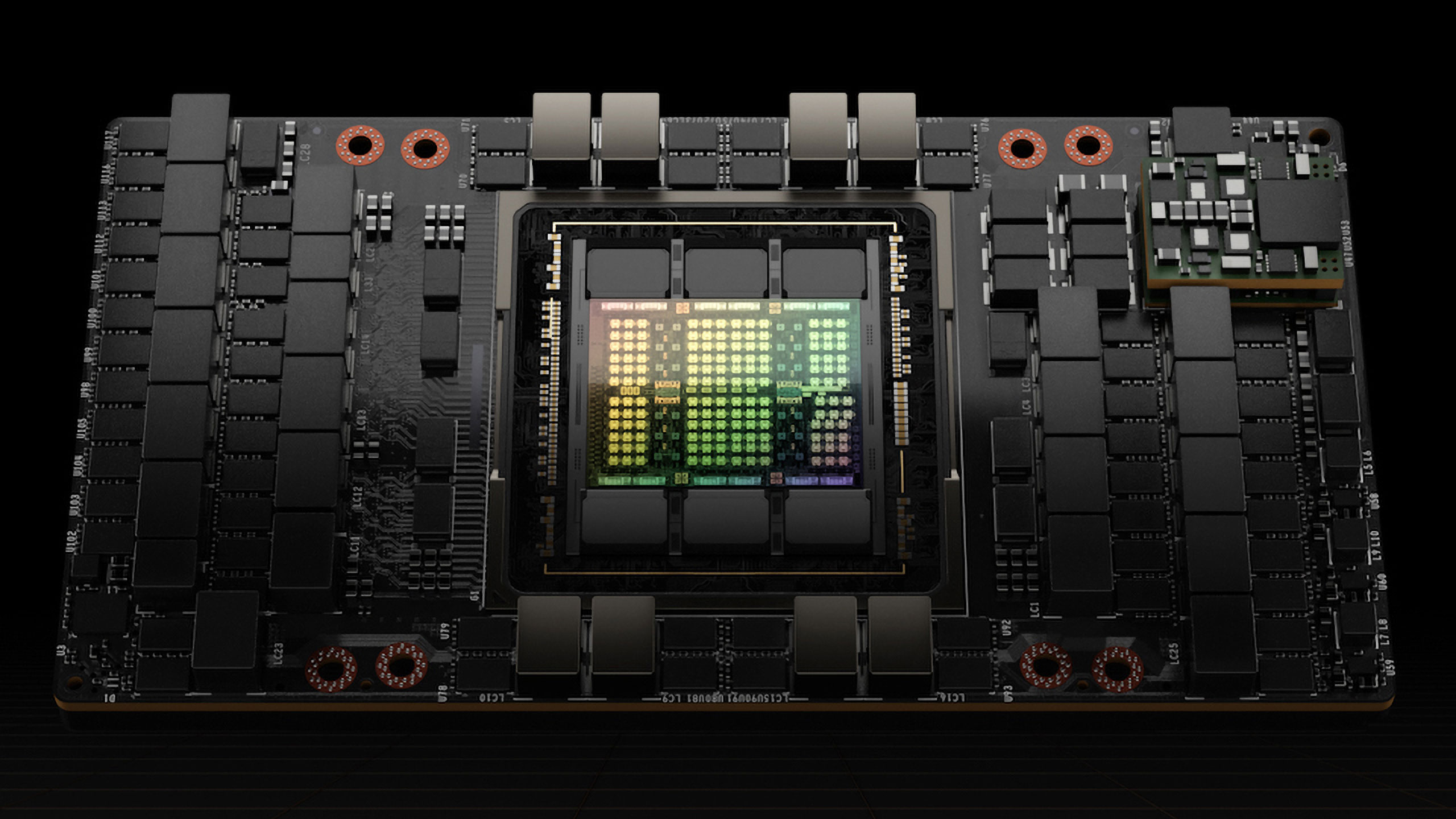Nvidia could lose up to $12 billion in revenue if US bans new China-oriented GPU — analysts believe the H20 will get the banhammer soon
A potential H20 ban would be a significant hit for Nvidia.

The U.S. is considering new trade restrictions that could prevent Nvidia from selling its China-oriented HGX-H20 AI GPU, according to a Jefferies note to clients, reports QZ. This is part of the U.S. government's plan to restrict China's access to advanced AI technology, and if implemented, it could cost Nvidia an estimated $12 billion in revenue.
Nvidia's new HGX H20 GPUs are designed to comply with U.S. export rules while still offering strong AI performance. They provide up to 296 INT8 TOPS/FP8 TFLOPS, 96 GB of HBM3 memory, and 4.0 TB/s memory bandwidth, making them competitive against entry-level AI processors. Despite appearing less potent on paper, the HGX H20 outperforms its direct competitor, Huawei's Ascend 920-series AI processors, in practical applications due to better memory performance. It is what concerns U.S. lawmakers.
Nvidia's H20 product may face a sales ban when the U.S. reviews its semiconductor export policies in October, reports QZ based on a Jefferies report. This ban could take several forms, including a product-specific prohibition, a reduction in a chip's computing power, or a limit on its memory capacity.
Most Chinese AI companies have developed their application ecosystems on Nvidia's CUDA platform, so transitioning to others (e.g., Huawei Ascend) would be expensive and time-consuming. Given that the HGX H20 GPU is fully compatible with Nvidia's CUDA platform, it is the preferred choice for many companies and applications despite being significantly slower than the full-featured H100.
It is noteworthy that despite existing export controls, Chinese companies have obtained advanced Nvidia GPUs for AI and HPC through intermediaries and by renting servers from companies like Google and Microsoft inappropriate cloud services.
The U.S. may also extend export restrictions to other Asian countries, such as Malaysia, Indonesia, Thailand, and potentially overseas Chinese companies. However, the report says enforcing these extended controls would be complex and challenging to implement effectively.
Enforcing (or denying) access to Chinese entities from the cloud might be problematic. Given the vast processing performance requirements for AI large-language training, it is almost inevitable that Chinese entities will access GPU performance one way or another, which means they would simply rent instances in the cloud.
Get Tom's Hardware's best news and in-depth reviews, straight to your inbox.

Anton Shilov is a contributing writer at Tom’s Hardware. Over the past couple of decades, he has covered everything from CPUs and GPUs to supercomputers and from modern process technologies and latest fab tools to high-tech industry trends.
-
watzupken It is a joke how the US is handling this sanction. I mean if they are not comfortable, then just outright impose a blanket sanction. In this case, they keep changing their mind about how "powerful" the product will be and revising this every 3 to 6 months, which is a waste of everyone's time. This only shows how indecisive the decision makers are.Reply